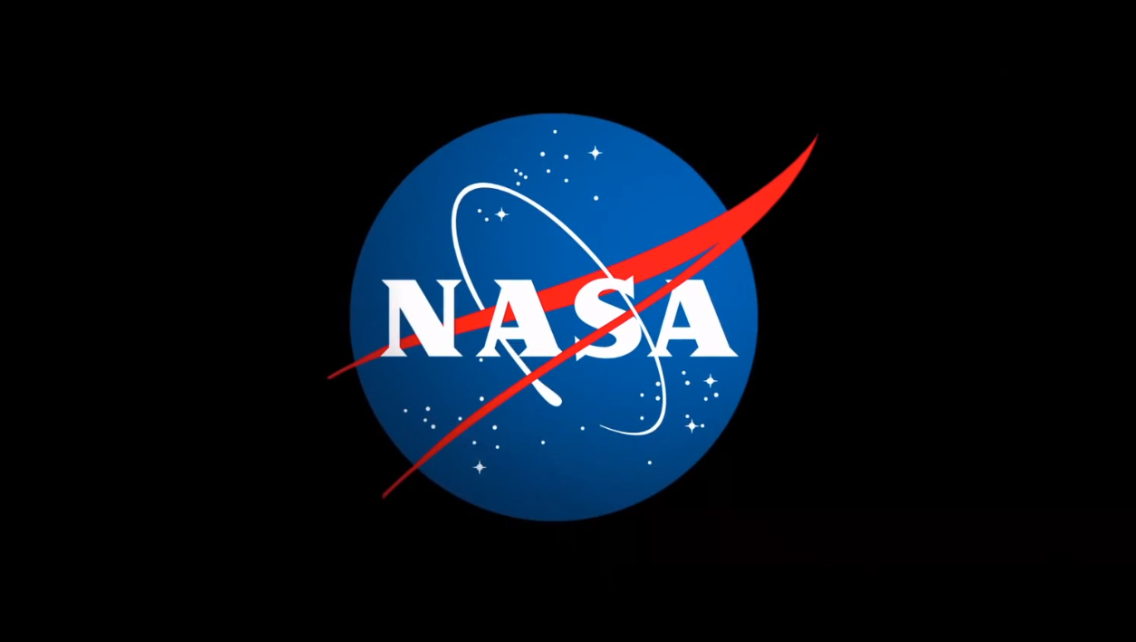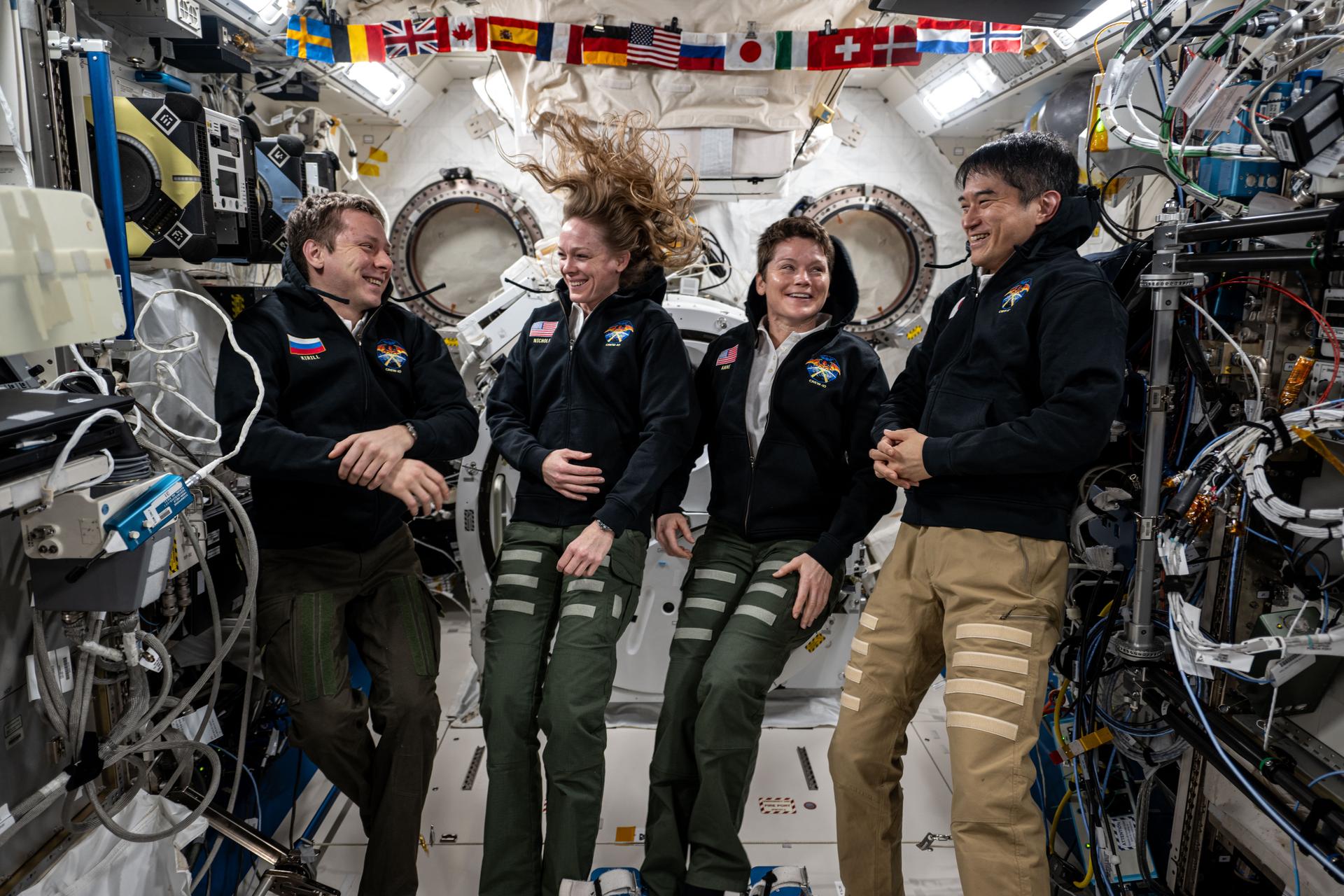Now Reading: NASA Picks Six Firms for Orbital Transfer Vehicle Studies
-
01
NASA Picks Six Firms for Orbital Transfer Vehicle Studies
NASA Picks Six Firms for Orbital Transfer Vehicle Studies

Speedy Summary
- NASA has selected six companies to conduct studies aimed at creating cost-effective ways to deliver spacecraft of various sizes to challenging orbits.
- The awarded studies are valued collectively at around $1.4 million and include:
– Arrow Science and Technology LLC (partnering with Quantum Space): Exploring multi-destination spacecraft delivery.
– Blue Origin LLC: Conducting two studies, including the Blue Ring platform and New Glenn upper stage innovations for diverse orbital destinations.
– Firefly Aerospace Inc.: Developing Elytra orbital vehicles for imaging, communications, and long-term lunar orbit operations.
– Impulse Space Inc.: Designing Mira and Helios vehicles for versatile in-space payload deployments across different orbits.
– Rocket Lab: Investigating Neutron rocket upper stage capabilities and an Explorer-based long-life orbital transfer vehicle for deep-space missions.
– United Launch Services LLC (ULA): Analyzing Centaur V’s ability to directly deliver spacecraft to multiple cislunar destinations without additional stages.
- The studies will conclude by mid-September 2023, offering NASA insights into future mission planning strategies under the VADR contract.
Indian Opinion Analysis
NASA’s push toward developing low-cost launch solutions echoes global trends in fostering public-private partnerships within the space industry.While these advancements are primarily U.S.-centric under the Venture-Class Acquisition of Dedicated Rideshare Launch Services (VADR) framework, they have broader implications on international space activity.
For India, which bolsters its own commercial space initiatives through ISRO collaborations with private players like Skyroot Aerospace or Agnikul Cosmos, this serves as a valuable benchmark highlighting innovation across reusable technologies, modular vehicles, and specialized cost-cutting measures in satellite delivery missions.
This progress also sharpens global competition over lunar exploration capabilities-a sector india recently entered decisively with Chandrayaan missions-underscoring opportunities for technological exchange while navigating strategic competition among major space-faring nations.

























